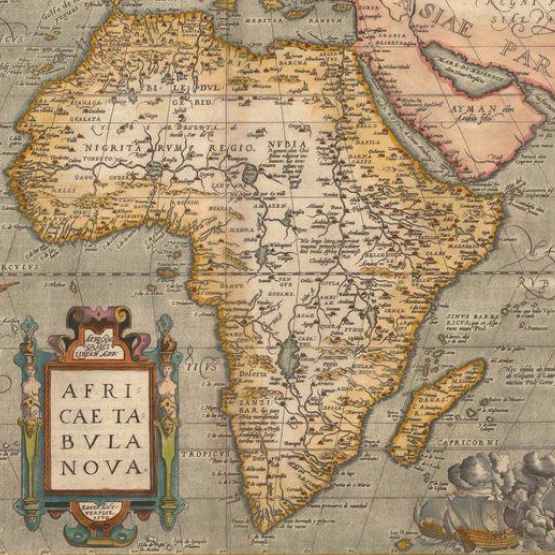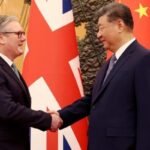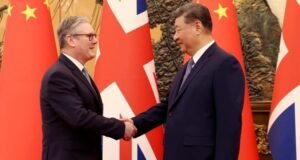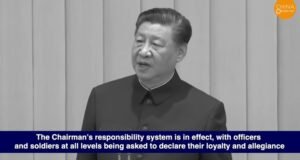
Members of the Chinese Communist Party may regard foreigners’ criticism of their totalitarian regime or helping victims of Chinese persecution to find a home away from China as constituting unwarranted “interference” with China. But alleged aversion to “interference” doesn’t prevent these apparatchiks from in fact interfering with other peoples throughout the world, whether by abducting Chinese nationals who have escaped China or by working to exacerbate the worst political trends of other lands.
National Review Online reports:
The Chinese Communist Party (CCP) uses educational institutions in Africa, namely the Mwalimu Julius Nyerere Leadership School, to assist local leaders in advancing authoritarian policies across the continent, according to leading foreign policy observers.
Despite repeated assurances from the CCP that China would not be exporting its political system and ideology abroad, the school—located in the East African country of Tanzania, has done precisely that—according to an in-depth investigation by Axios. . . .
Axios reports (“In Tanzania, Beijing is running a training school for authoritarianism,” August 20, 2023):
Chinese teachers sent from Beijing train African leaders that the ruling party should sit above the government and the courts and that fierce discipline within the party can ensure adherence to party ideology, Axios and Danish newspaper Politiken learned as the first Western news outlets to visit the school [the Mwalimu Julius Nyerere Leadership School in Tanzania]. . . .
“There’s been a reluctance from a lot of scholars to say that China is clearly trying to export authoritarianism,” said Daniel Mattingly, an assistant professor of political science at Yale University whose research focuses on authoritarian politics in China. It’s “remarkable,” he said, that there are students who leave the school with the perception that “we need to move to a much stronger one-party state model.”. . .
The school, which opened last year, is a partnership between the CCP and the ruling parties of Tanzania, Mozambique, Namibia, Angola, South Africa and Zimbabwe. All six nations are multiparty democracies, but their governing parties share another key feature: Each has ruled continuously for decades. . . .
The school . . . was funded by a $40 million donation provided by the CCP’s Central Party School, which trains China’s top party officials, and built by a Chinese construction company.
If students are emerging from the CCP Nyerere Leadership School with a new or strengthened conviction that “we need to move to a much stronger one-party state model,” the school is already beginning to achieve its purpose.
The danger of authoritarian one-party rule is one of many reasons that term limits on presidential offices and other elective offices are a good idea, in African countries as elsewhere. But effective term limits may be difficult or even impossible to implement in places where authoritarian trends are most ideologically and institutionally entrenched. In Africa, the Chinese government, which routinely rebukes what it calls foreign interference, is working to make the problem of authoritarian rule as irremediable as possible.













